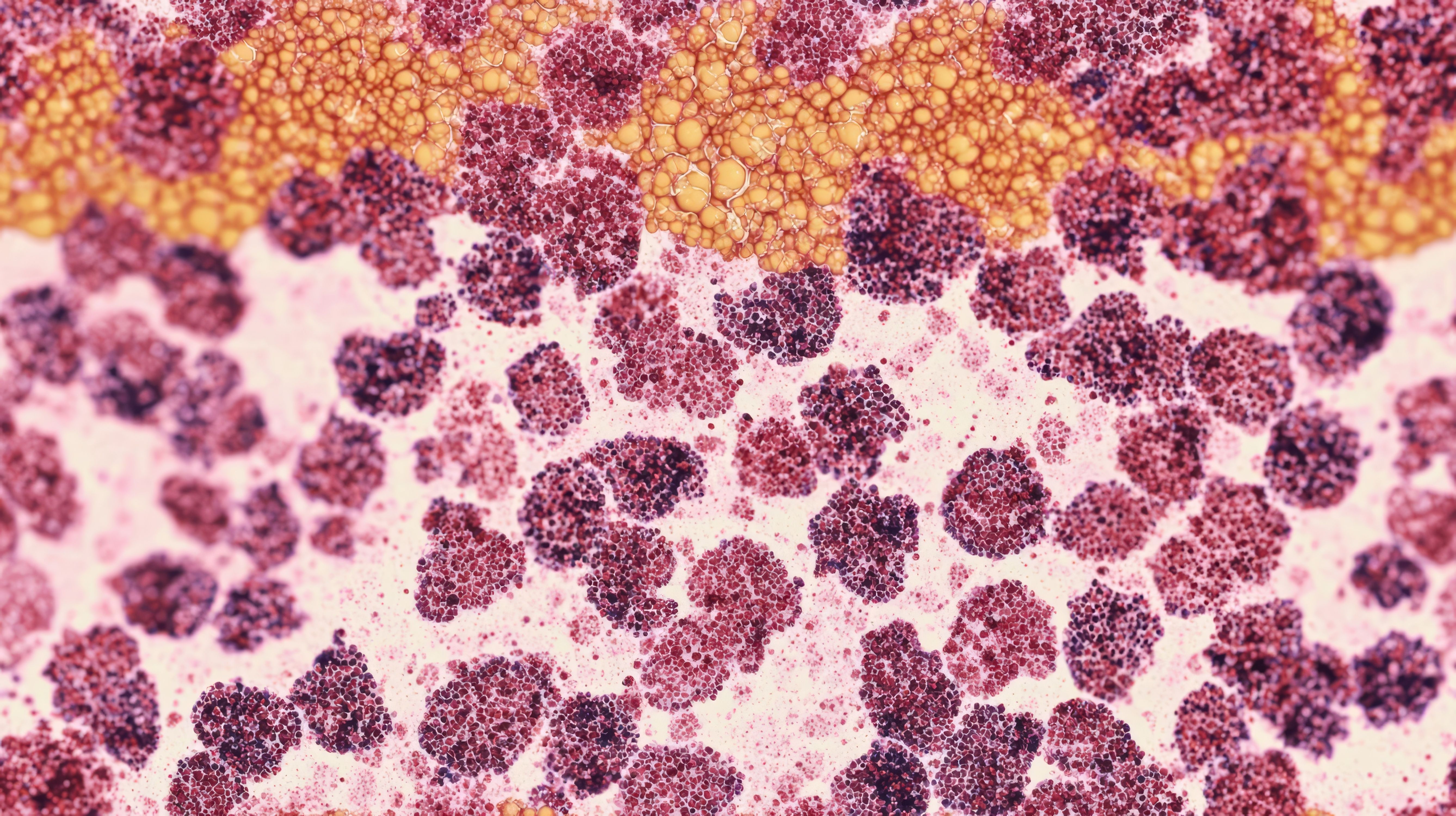
Article
Study: Exercise-Related Proteins May Suppress Prostate Cancer Tumor Growth
Author(s):
Exercise can complement other treatments for prostate cancer, including androgen deprivation therapy, which can lead to significant reduction in lean mass and an increase in fat mass.
New research from Edith Cowan University suggests that proteins secreted after exercise could suppress tumor growth and actively fight cancerous cells.
Proteins called myokines are secreted by the muscles during exercise, according to the investigators. In a clinical trial, patients with obesity and prostate cancer underwent regular exercise training for 12 weeks and gave blood samples before and after the program. Researchers used these samples and applied them directly onto living prostate cancer cells.
“The patients’ level of anti-cancer myokines increased in the 3 months,” said study supervisor Robert Newton, PhD, a professor of exercise medicine at Edith Cowan University, in a press release. “When we took their pre-exercise blood and their post-exercise blood and placed it over living prostate cancer cells, we saw a significant suppression of the growth of those cells from the post-training blood. That’s quite substantial, indicating chronic exercise creates a cancer suppressive environment in the body.”
Although myokines could signal cancer cells to grow slower or stop growing completely, the researchers noted that they were unable to kill the cells by themselves. However, myokines can work with other cells in the blood to actively fight cancer.
“Myokines in and of themselves don’t signal the cells to die,” said research lead Jin-Soo Kim, a PhD candidate, in the press release. “But they do signal our immune cells—T cells—to attack and kill the cancer cells.”
Newton added that exercise can complement other treatments for prostate cancer, including androgen deprivation therapy (ADT), which can lead to significant reduction in lean mass and an increase in fat mass. This change can result in sarcopenic obesity, poorer health, and poorer cancer outcomes.
All study participants were undergoing ADT and were obese. According to the press release, the training program helped patients maintain lean mass while losing fat mass.
The study focused specifically on prostate cancer because it is the most common non-skin cancer among men and has a high number of patient fatalities, although the findings could have a wider impact. Further studies include a trial of patients with advanced-stage prostate cancer who are participating in a 6-month exercise program. Preliminary findings are encouraging, according to the study authors.
“These men have high disease burden, extensive treatment side-effects, and are very unwell, but they still can produce anti-cancer medicine from within,” Newton said in the press release. “It’s important as it may indicate why men even with advanced cancer, if they’re physically active, don’t succumb as quickly.”
REFERENCE
Cancer breakthrough: Exercise may stop disease in its tracks. News release. Edith Cowan University; October 5, 2021. Accessed October 11, 2021. https://www.ecu.edu.au/newsroom/articles/research/cancer-breakthrough-exercise-may-stop-disease-in-its-tracks
Newsletter
Stay informed on drug updates, treatment guidelines, and pharmacy practice trends—subscribe to Pharmacy Times for weekly clinical insights.
2 Commerce Drive
Cranbury, NJ 08512
All rights reserved.



